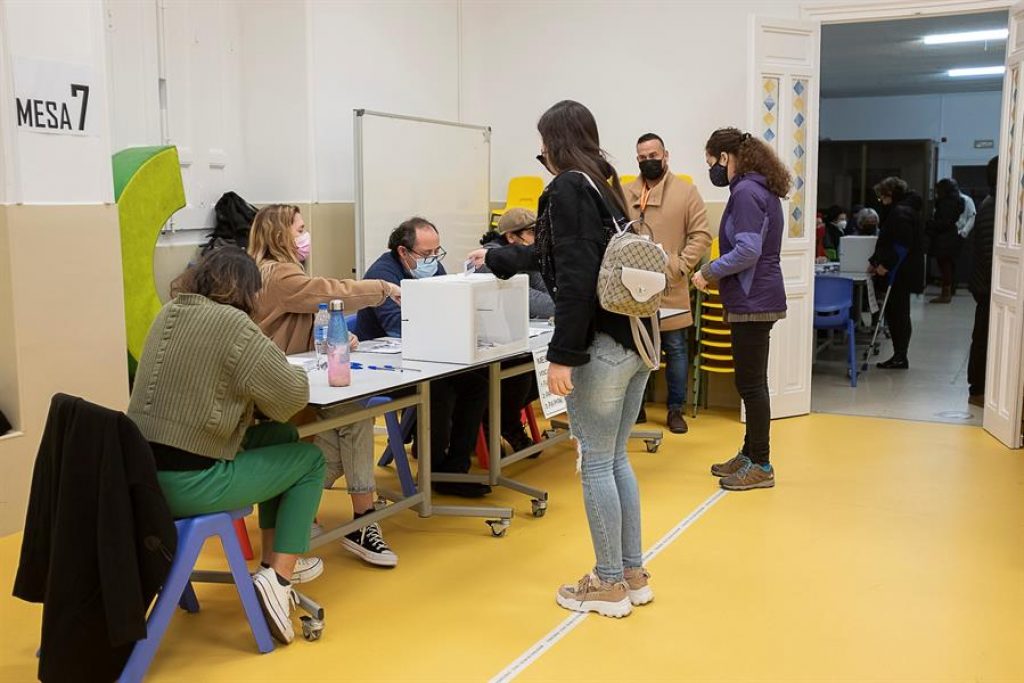More than 2,800 voting centers opened this Sunday to begin the most important and uncertain elections in the recent history of Chile in which the successor of today’s President Sebastián Piñera will be elected.
Polls agree that none of the seven candidates will get 50% plus one of the votes necessary to be crowned in the first round, with Gabriel Boric (left) and José Antonio Kast (far right) being the favorites to go on to vote on December 19.
Both have very different programs: Boric, a 35-year-old deputy and former student leader who defines himself as an ecologist, feminist and regionalist, wants to expand the role of the state towards a welfare model similar to that of Europe.
For his part, Kast, a 55-year-old Catholic lawyer, seeks to reduce the role of the state, lower taxes, tackle irregular migration with a heavy hand, and ban gay marriage and all forms of abortion.
“EVERYTHING IS POSSIBLE”
According to the latest polls published before the electoral ban two weeks ago, Yasna Provost and Sebastián Sichel also have possibilities.
“Everything is possible, but it is most likely that Kast and Boric will go to the second round, although I would not be surprised if Provost and Sichel did it. It is the most uncertain choice since the return to democracy,” acknowledged Kenneth Bunker, director of the Tresquintos pollster.
The new president will have the task of leading the post-pandemic recovery, implementing the norms of the new Constitution, and closing the wounds left by the 2019 protests, the most serious since the end of the military dictatorship (1973-1990), with thirty years thousands of injured.
Raúl Elgueta, from the University of Santiago, assured for his part that before the implementation of the voluntary vote in 2012 “the levels of prediction were very high”, but that now “Chile is an unpredictable country”, especially after the social outbreak.
Voluntary voting has also had an impact on participation, since 2012 no election has exceeded 50% of the electoral roll, with the exception of the plebiscite on a new Constitution held in October 2019 (50.9%), a mark that could fight this Sunday, according to experts.
The more than 15 million Chileans called to the polls will also choose 155 deputies for a period of four years and 27 of the 43 senators for a period of eight.
The composition of the new Parliament will be crucial for the governance of the country and analysts predict that no force will have a majority and that large pacts will be necessary to legislate.
The polling stations will close at 06:00 in the afternoon local time and the first results are expected for a couple of hours later.
